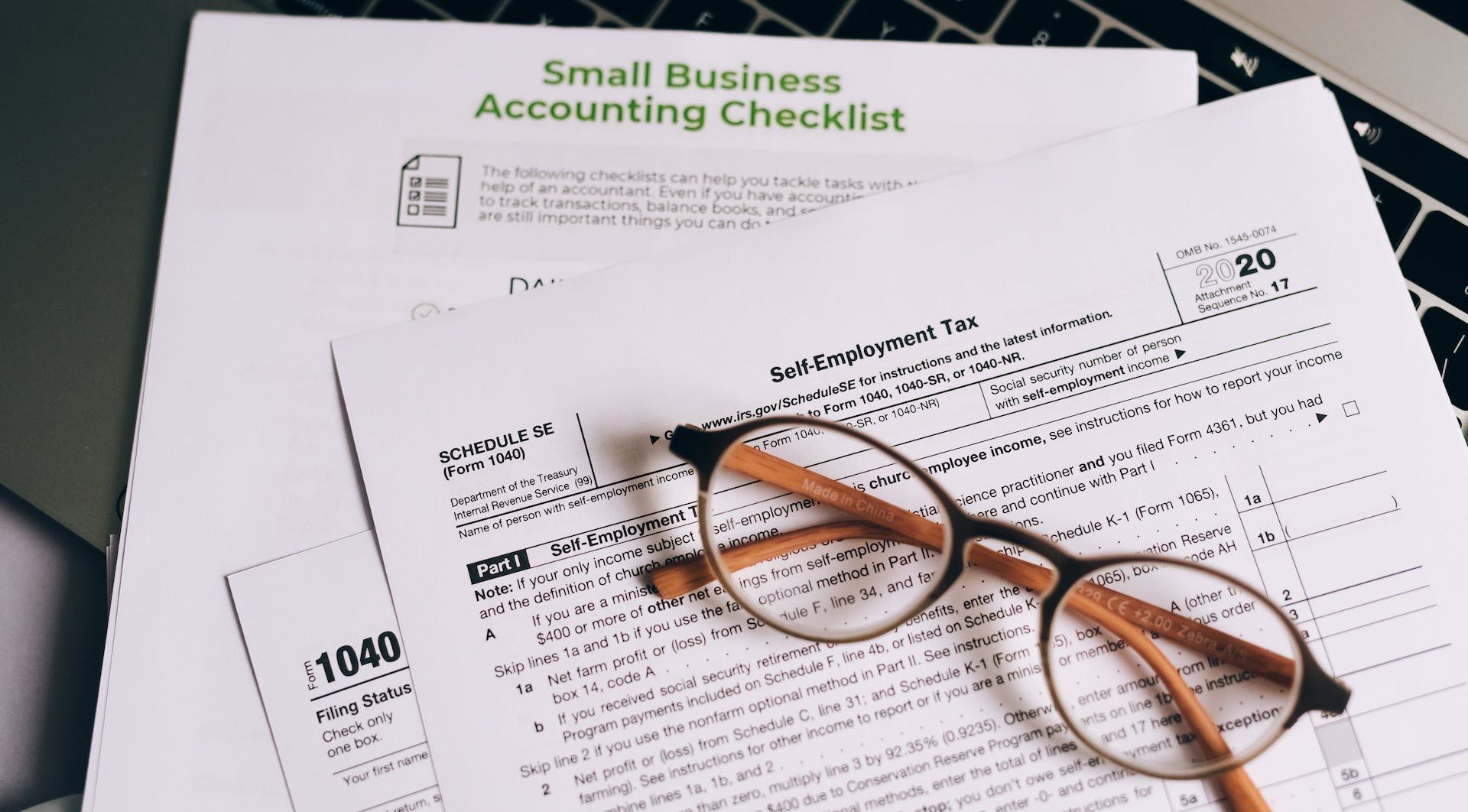Guide to Buying an Independent Pharmacy
What do you need to consider when buying an independent pharmacy?


Upselling and Cross Selling Dietary Supplements to Add Value to Your Customers – and Your Business
Follow us on social to receive notifications for new articles.
Pharmacy Management: Helping Employees Deal With Stress
Workplace stress is not a new concept for employers to manage
Hope for the Best … Plan for the Worst
The last couple of years have taught us all one thing: hope for the best, but plan for the worst. As an independent pharmacy and essential community healthcare resource, you need to be ready to address whatever comes your way.
Strengthening the Customer Service Training For Your Pharmacy
As an independent pharmacy owner, what sets your pharmacy apart from your competition more than anything else is customer service.

Pharmacy Management: Attracting and Retaining Employees
As the job market heats up and becomes increasingly competitive for employers trying to attract top talent, it’s just as critical to keep your current excellent employees.

Top Five Benefits of Point-of-Care Testing for Rural Community Pharmacies
According to the CDC*, point-of-care tests are defined as, “diagnostic tests performed at or near the place where a specimen is collected, and they provide results within minutes rather than hours.”














